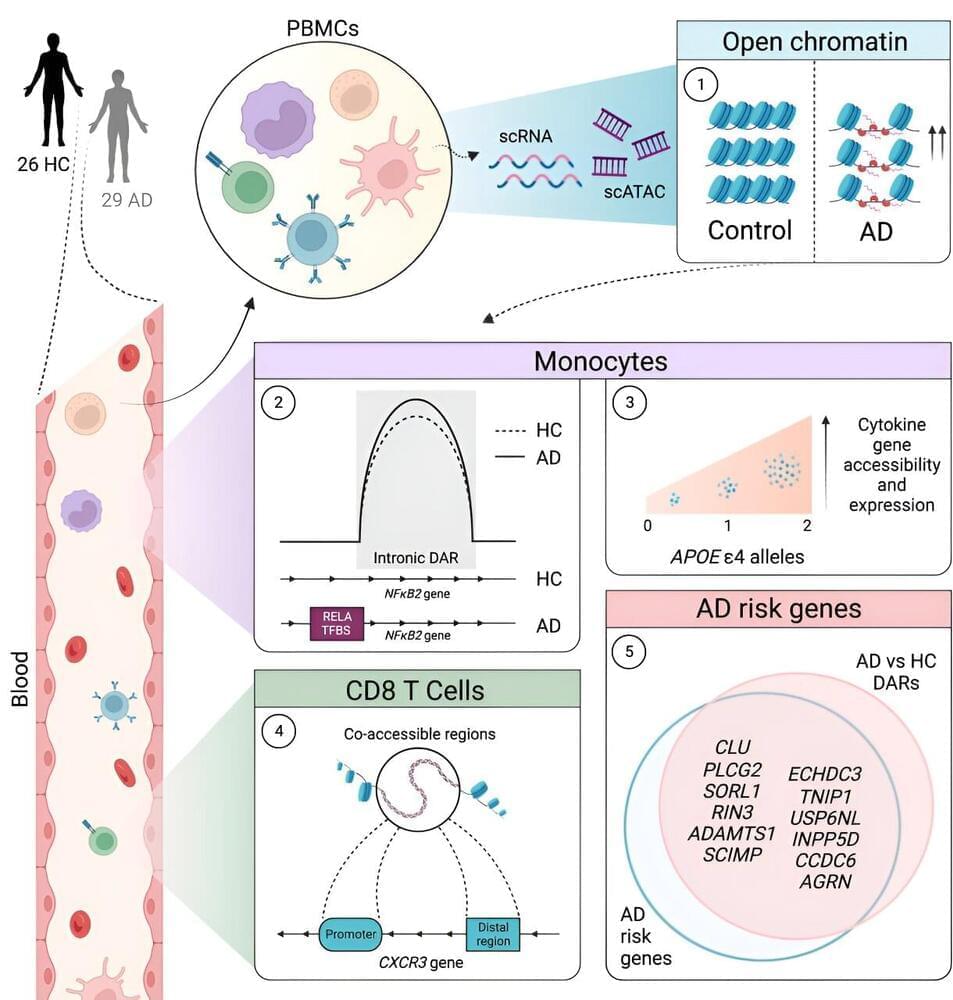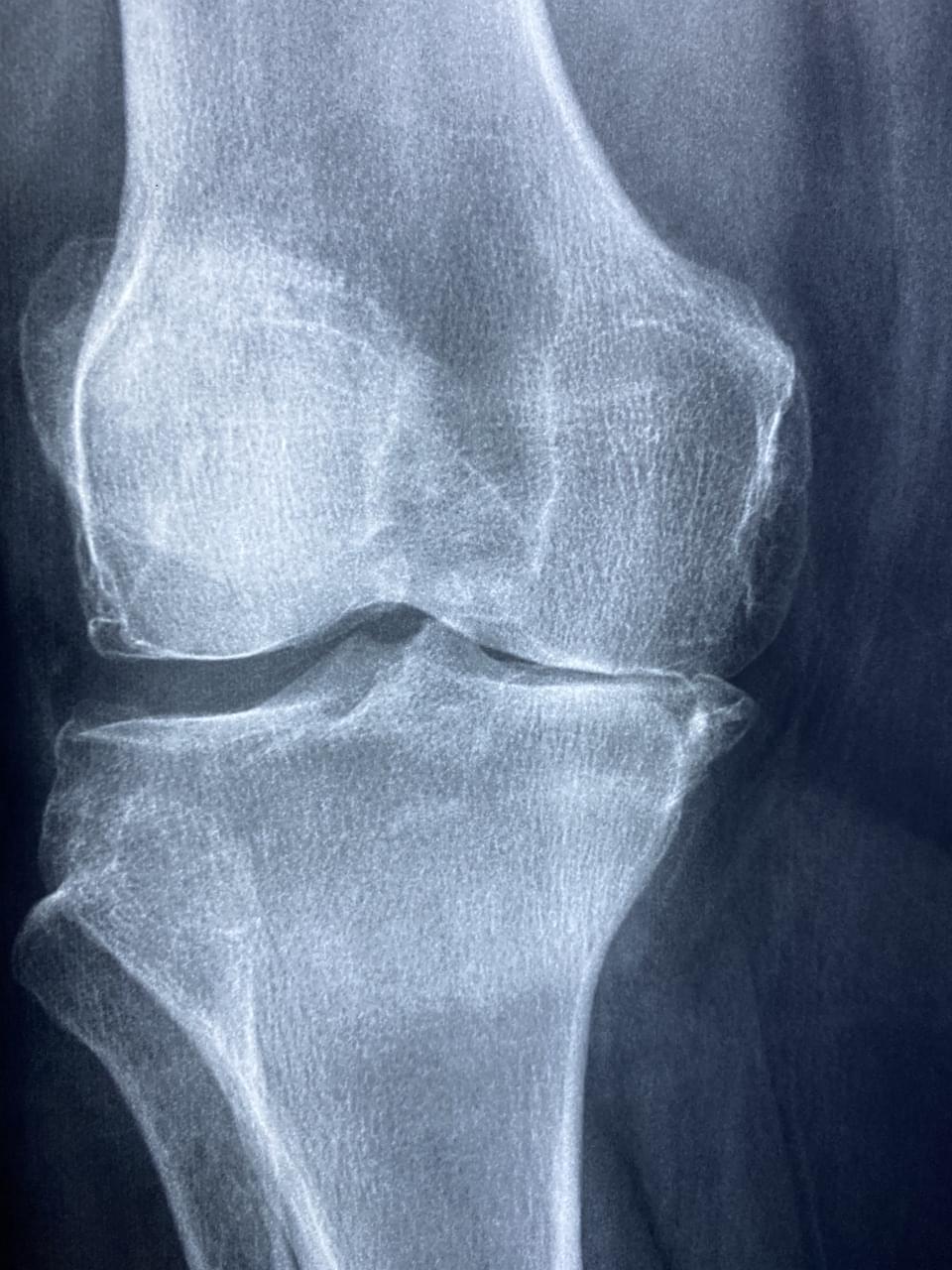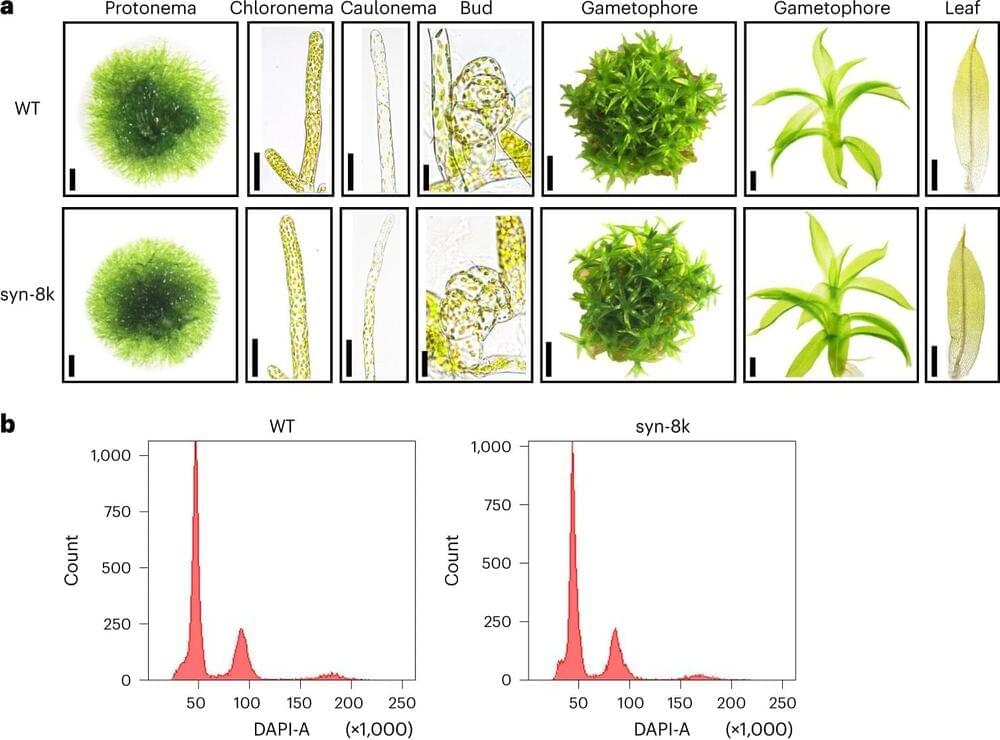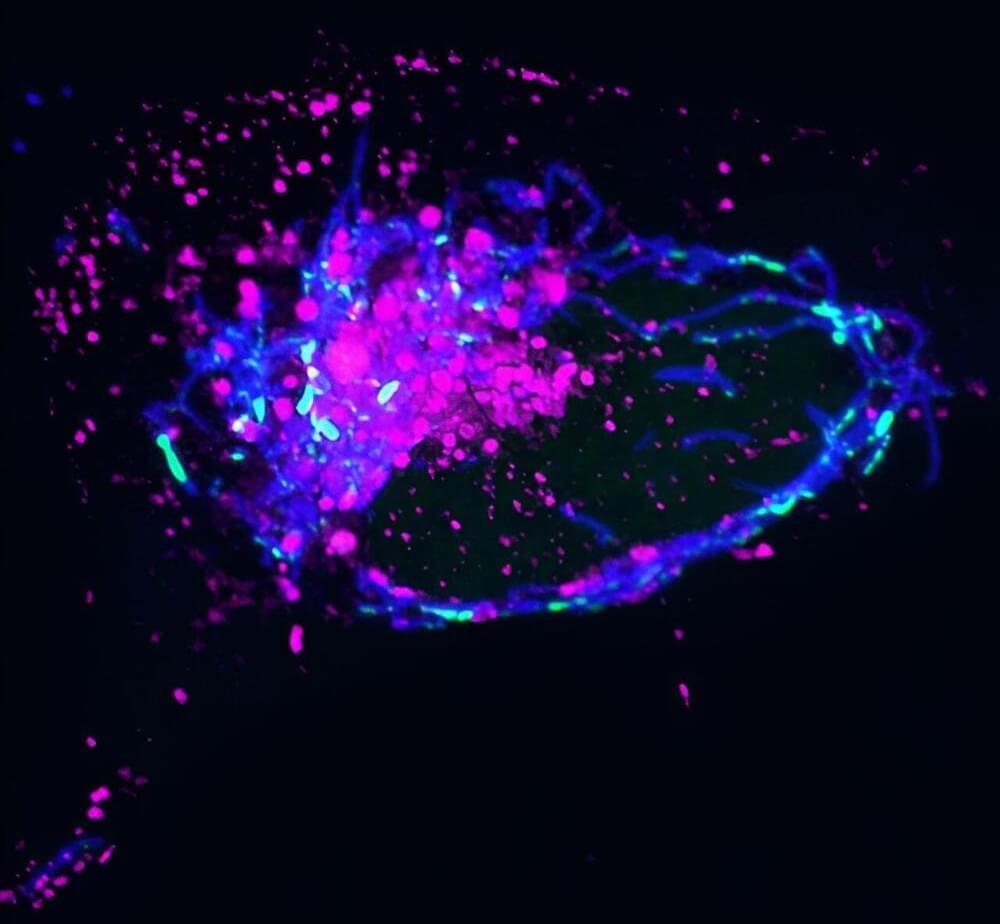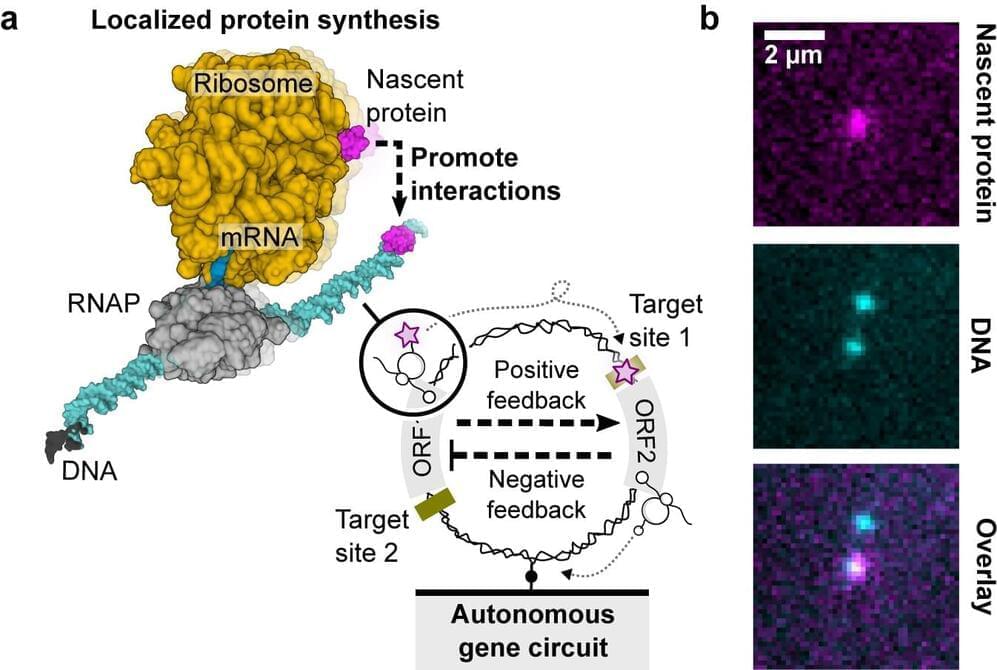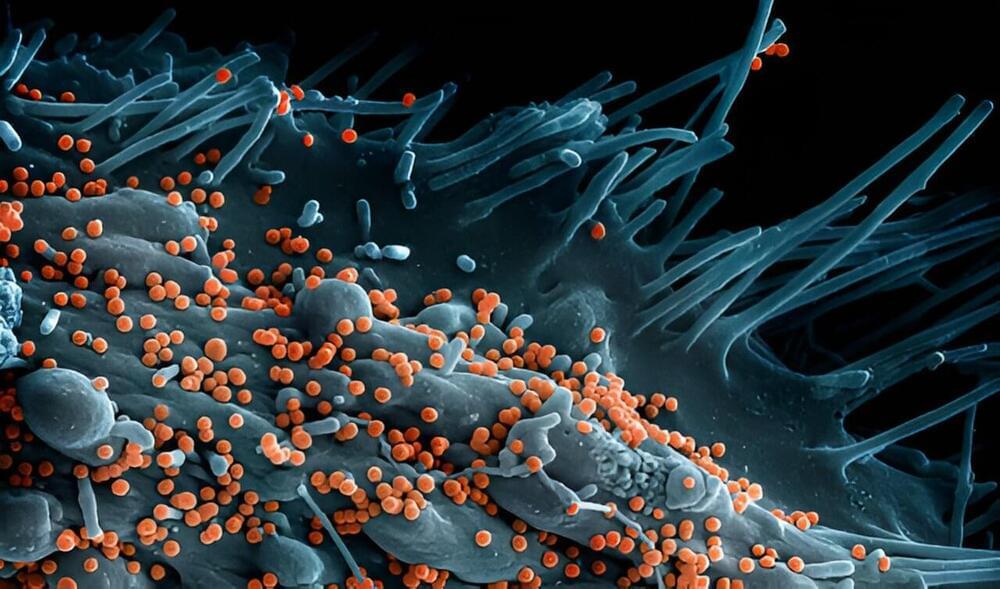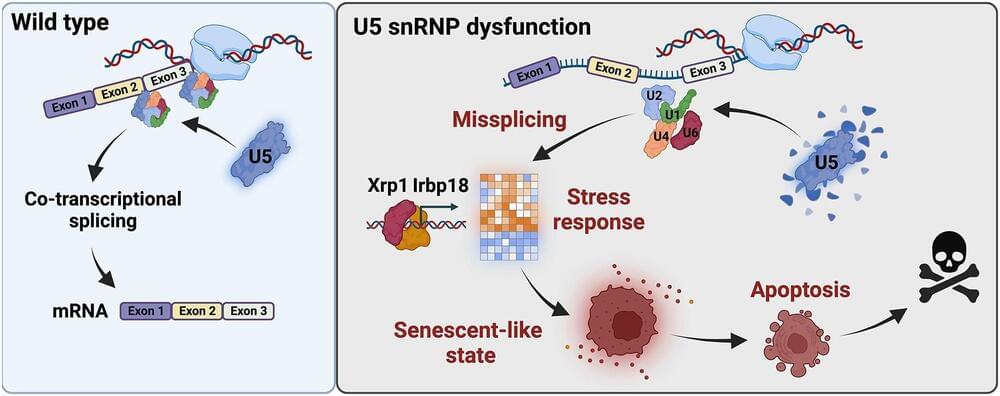Nobel laureate details new applications at Kuh Distinguished Lecture.
Jennifer Doudna, Nobel laureate and Li Ka Shing Chancellor’s Chair and Professor in the Departments of Chemistry and of Molecular and Cell Biology, presented this year’s Ernest S. Kuh Distinguished Lecture, “Delivering the Future of CRISPR-Based Genome Editing,” on February 2 at UC Berkeley. The sold-out event — produced by Berkeley Engineering in collaboration with the Society of Women Engineers — marks the 11th talk in the lecture series, which features scientists and engineers tackling the world’s most pressing problems.
Doudna is known for developing CRISPR-Cas9, a groundbreaking technology that some call “genetic scissors.” With it, scientists can snip and edit DNA — the genetic code of life — unlocking remarkable possibilities in biology, including treatments for thousands of intractable diseases. This work has changed the course of genomics research, allowing scientists to rewrite DNA with unprecedented precision, and won Doudna and collaborator Emmanuelle Charpentier the 2020 Nobel Prize in Chemistry.

